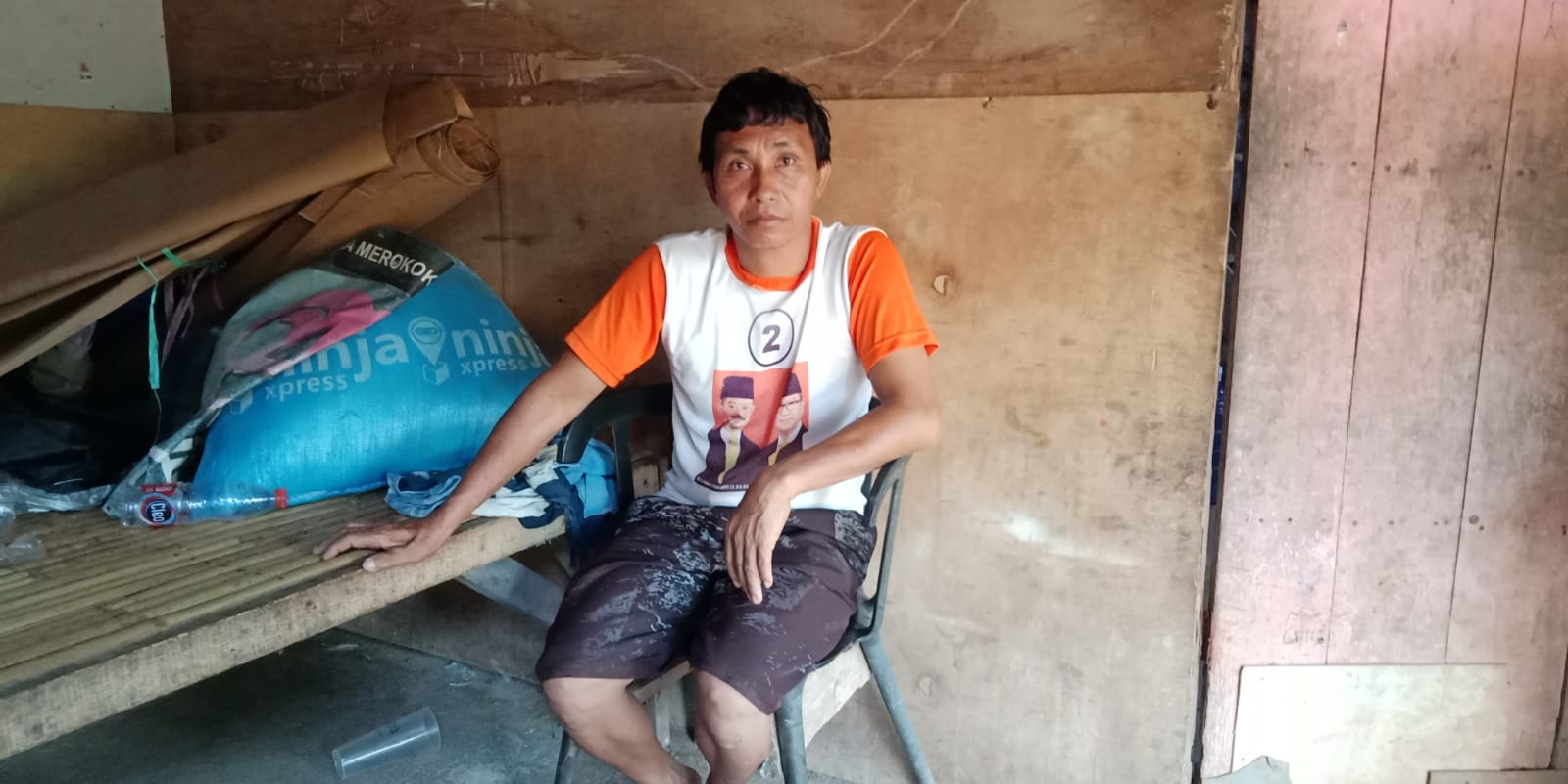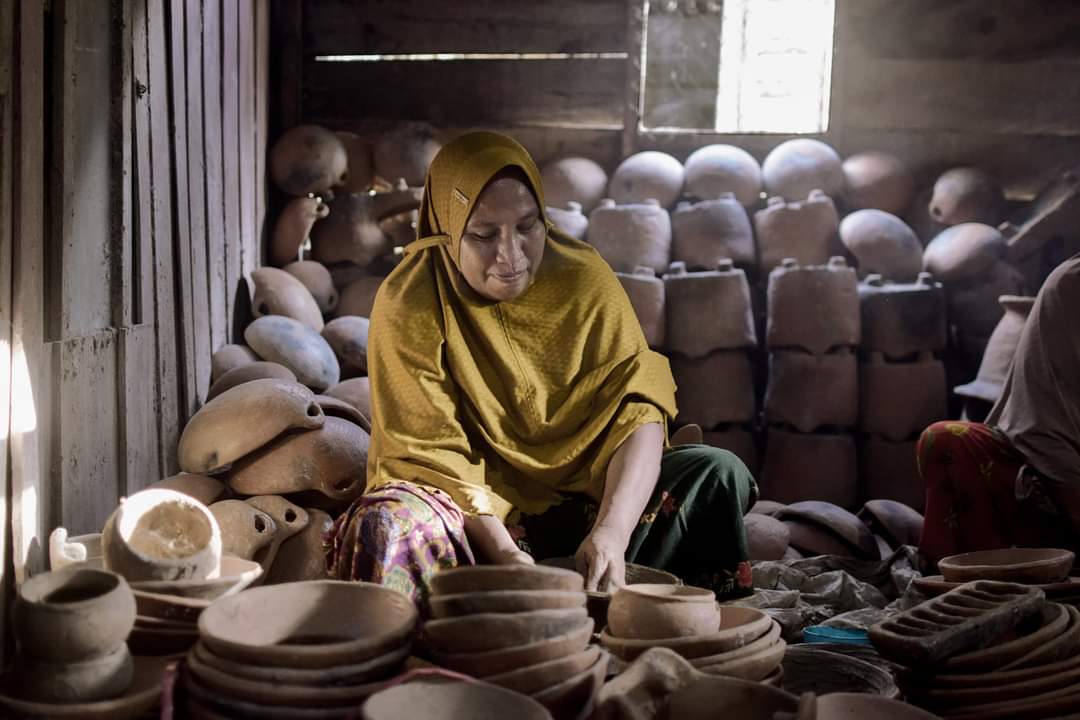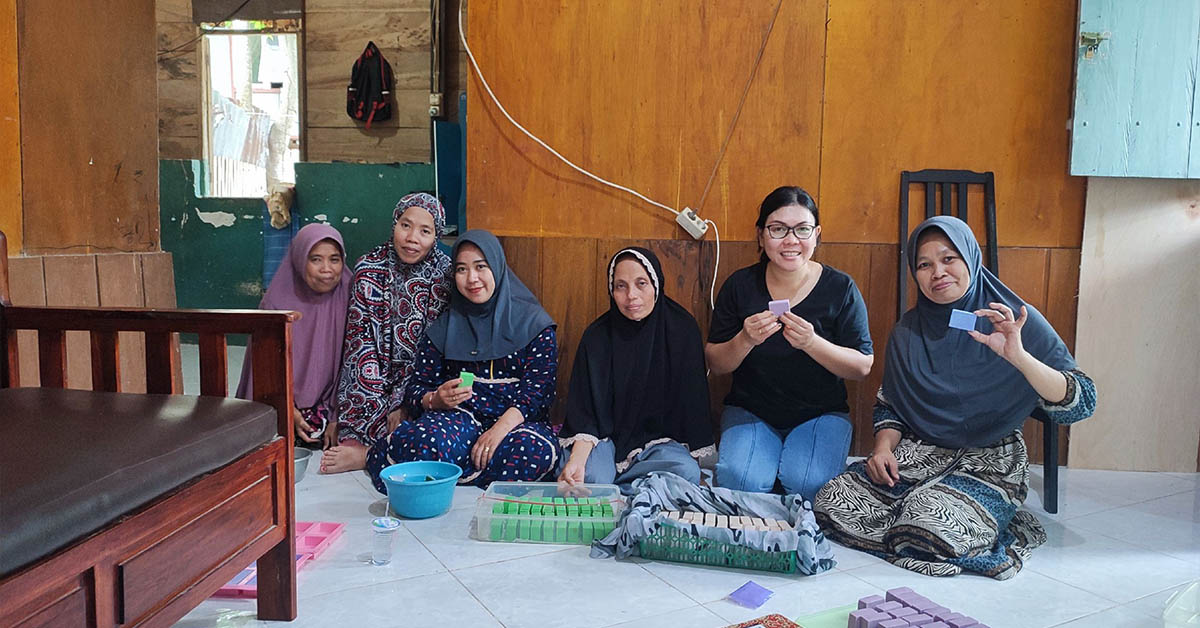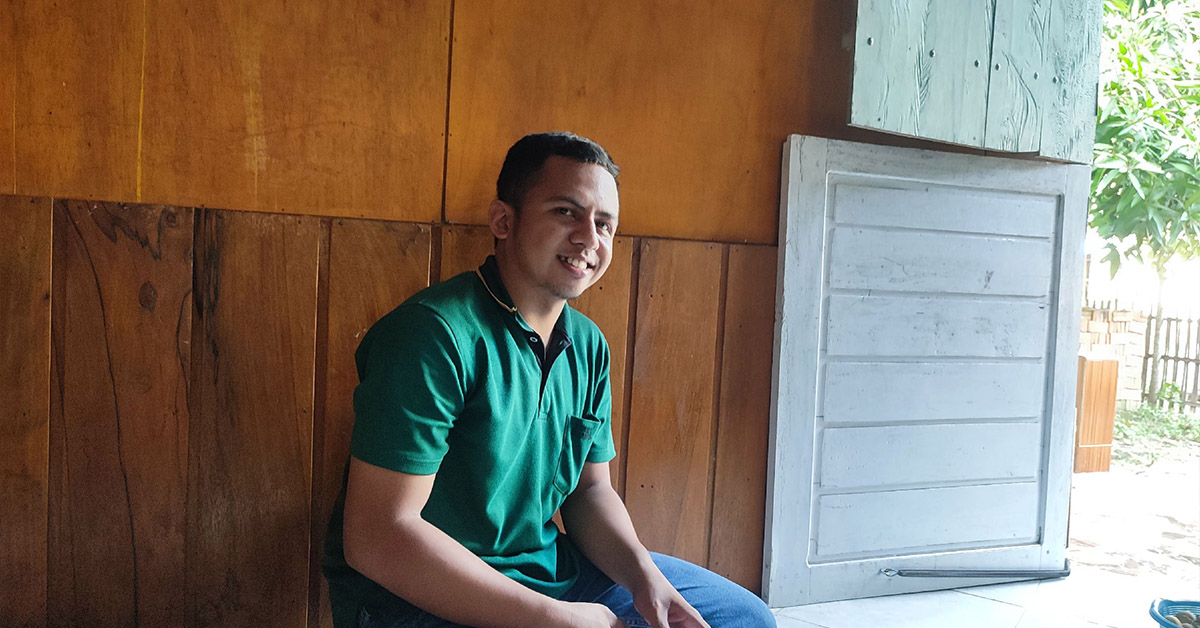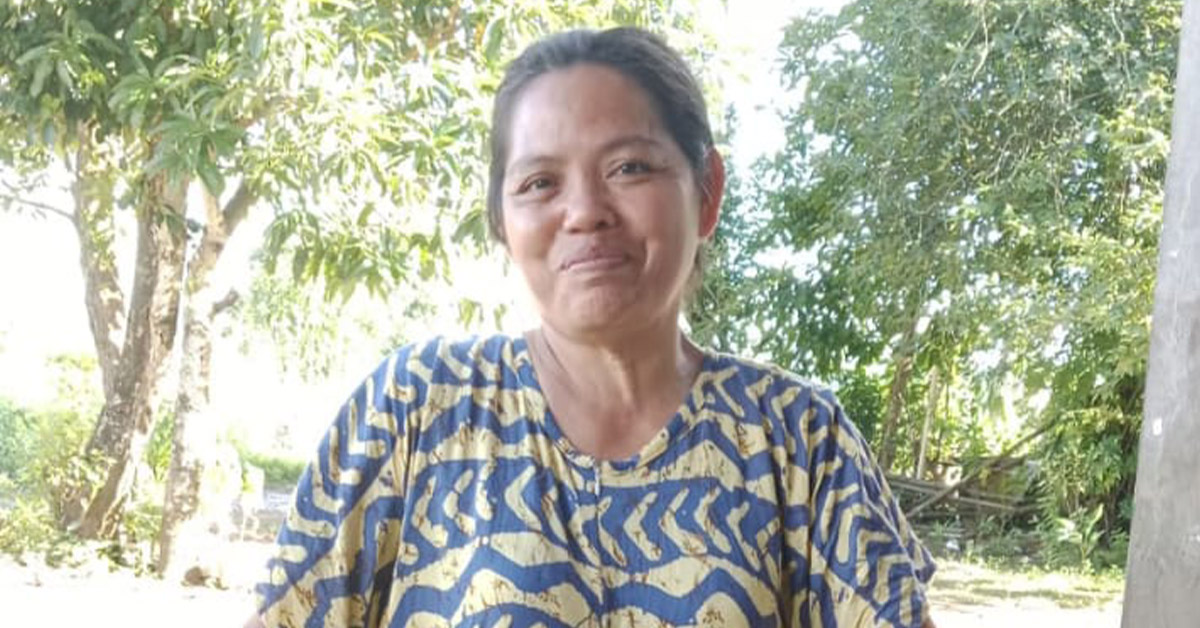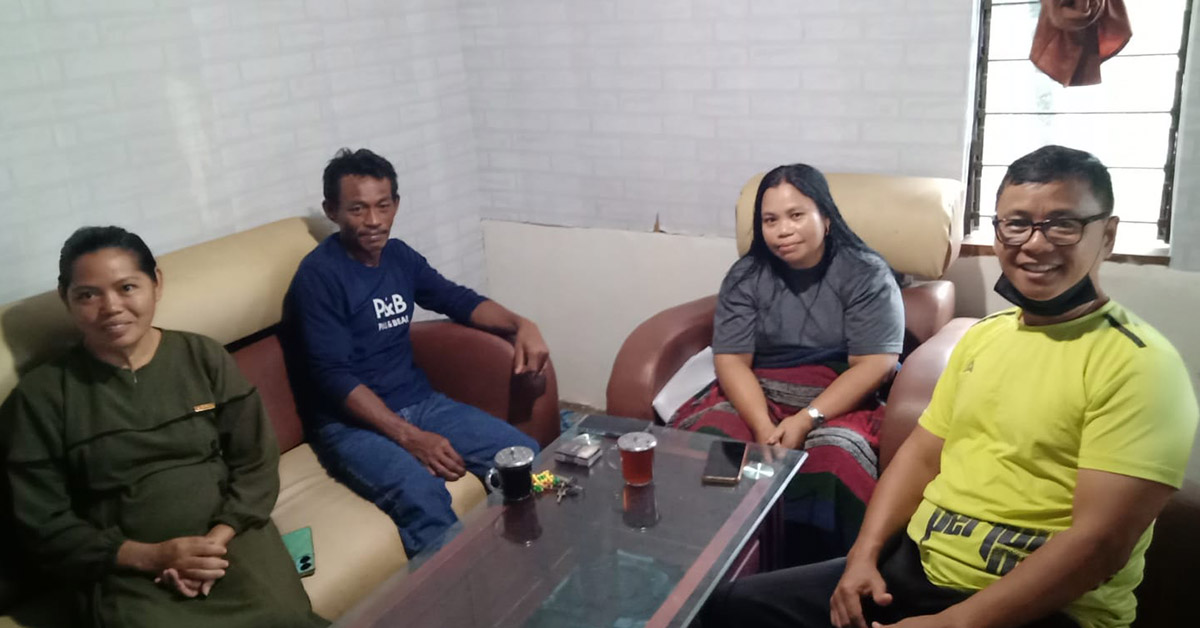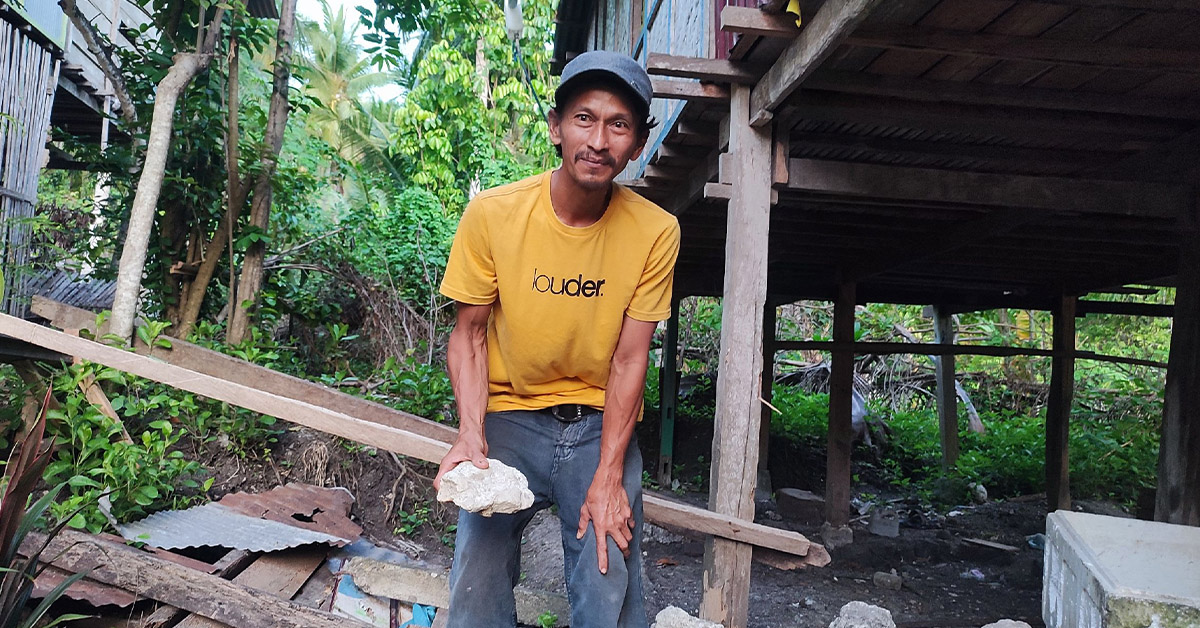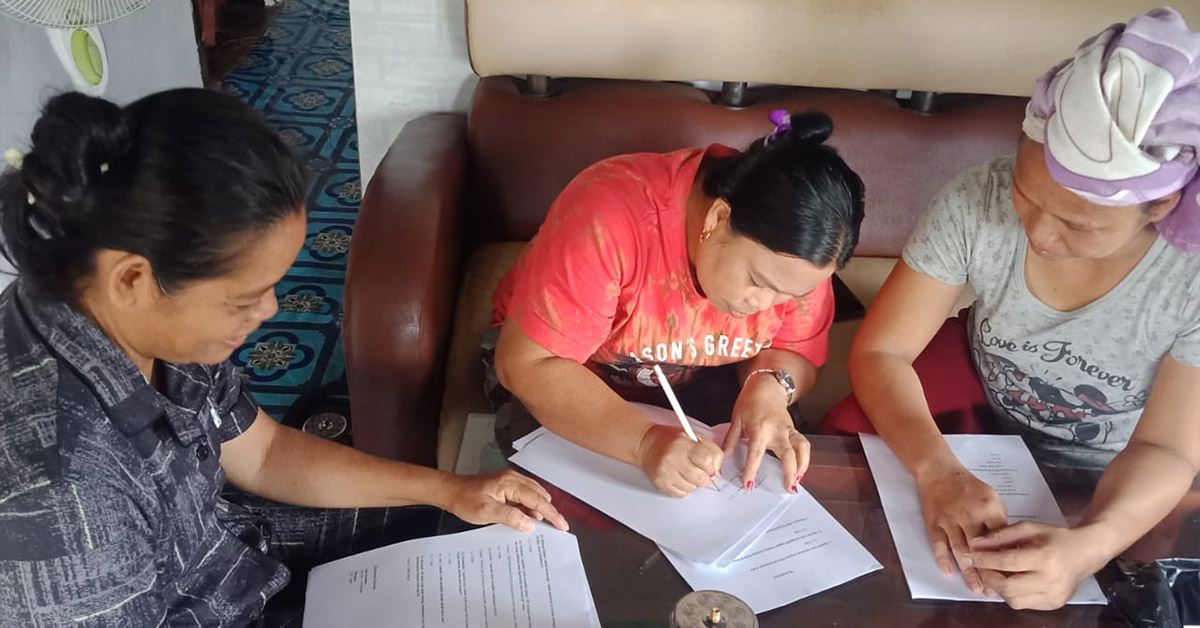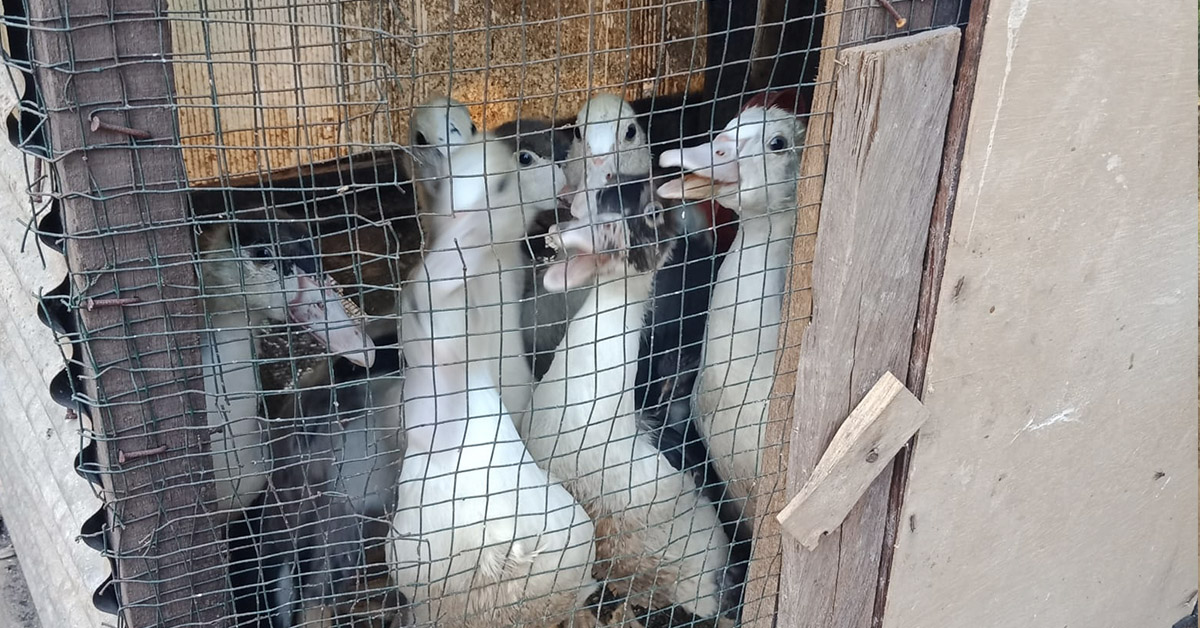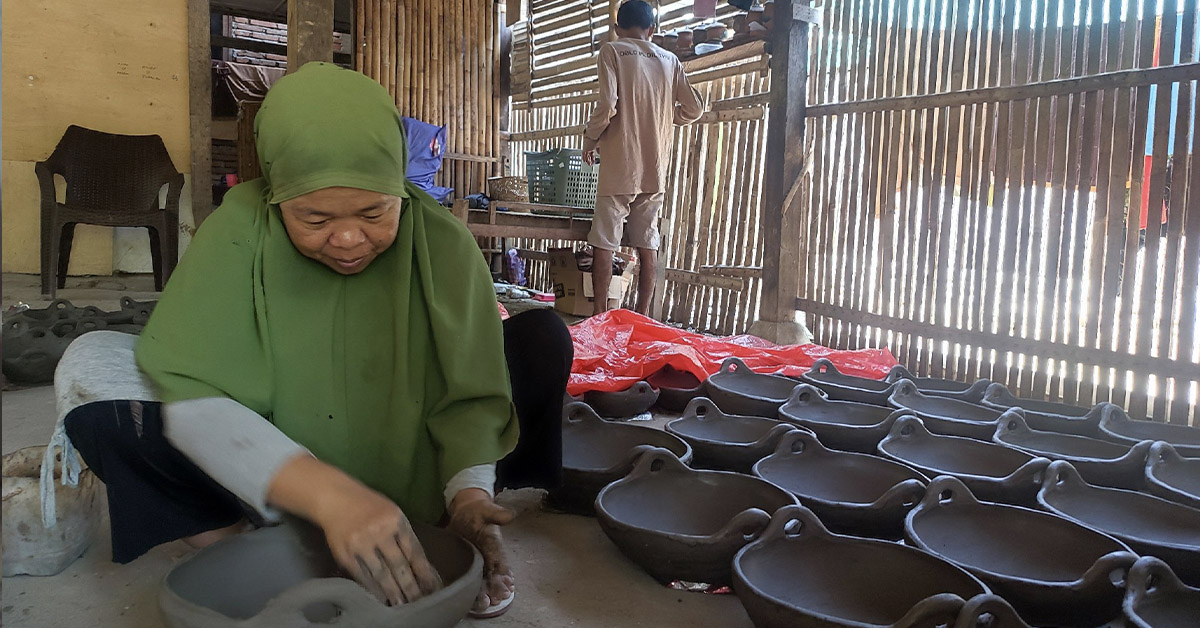JOIN OUR WORK
Indonesia, the fourth most populous country in the world, is an archipelago comprised of over 17,000 islands located in Southeast Asia.
VILLAGES/PROJECTS
villagers impacted each year
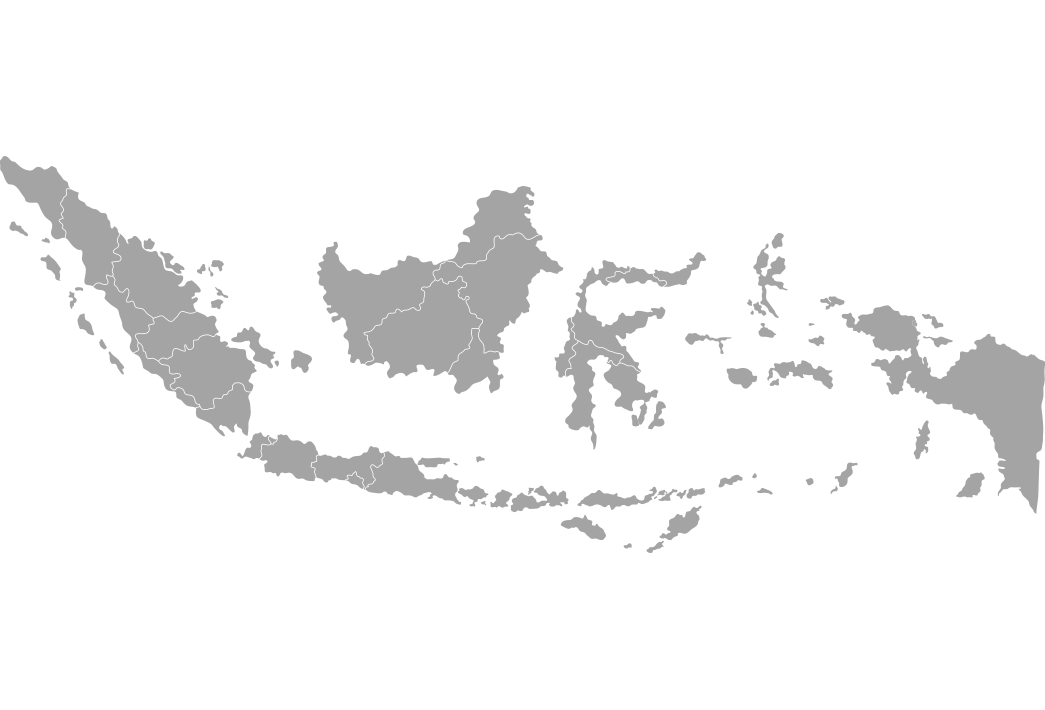
Suri, Villager
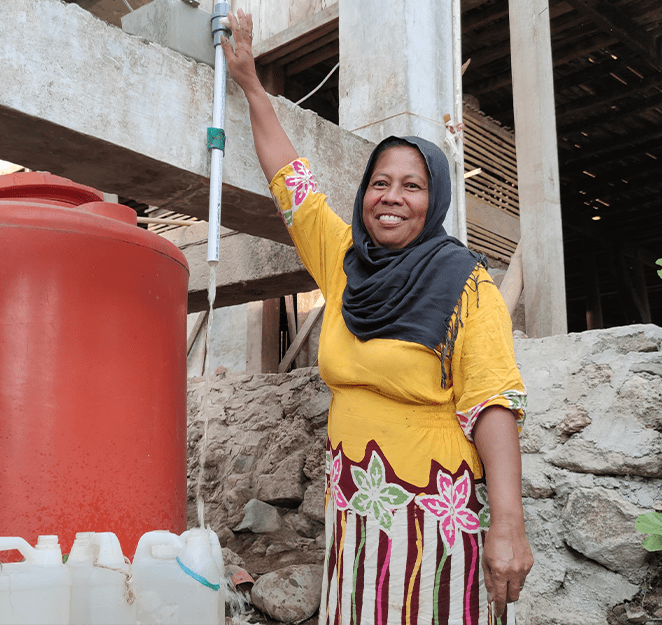
Mardiana, Villager
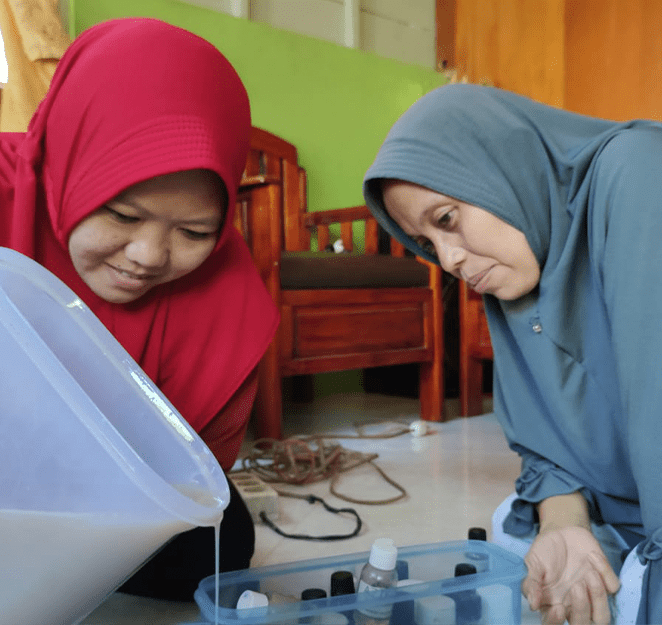
Ani, Mawa TCD Committee Member
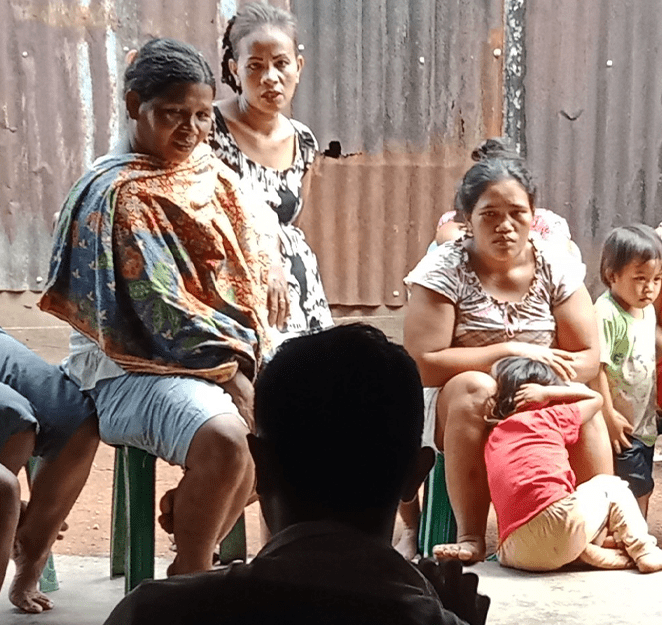
Polewali Village
GHNI began working in Polewali in late 2019 - seeing a community struggling with income generation opportunities, a lack of access to clean water, poor sanitation and low attendance rates for children in the local school. Many families saw their primary breadwinner working outside the province and sending funds home, and the primary source of water for the community was a stream that flowed through the village. Only one latrine (owned by a local business) existed in the village.
Our team has worked to raise awareness and address several issues under the guidance of the local TCD committee. There is a soap-making business cooperative, a water committee that has overseen the drilling of five new water sources offering vastly improved water quality, and most recently an initiative to begin building latrines in the village. Our team is also working with another group of community members to develop income generation models focused on livestock production.
Mawa Village
Our team first visited Mawa in late 2019. We were directed to this community by local government officials who recognized the extreme challenges - chiefly water access - that this village faced. Some households were spending upwards of 50% of their monthly income on water during the dry season.
In addition, many children in this village do not attend school and most households take care of livestock for other owners - an arrangement that limits their income without reducing risk.
The village has already addressed their water needs - locating, protecting and piping water from a nearby spring to a tank in the village. This has reduced the cost of fresh water by 90%.
Our team plans to continue working to raise awareness of the need and importance of education, but currently the village is focused on generating additional income. Our team is working through strategies to develop capital for investment so they can purchase their own livestock.
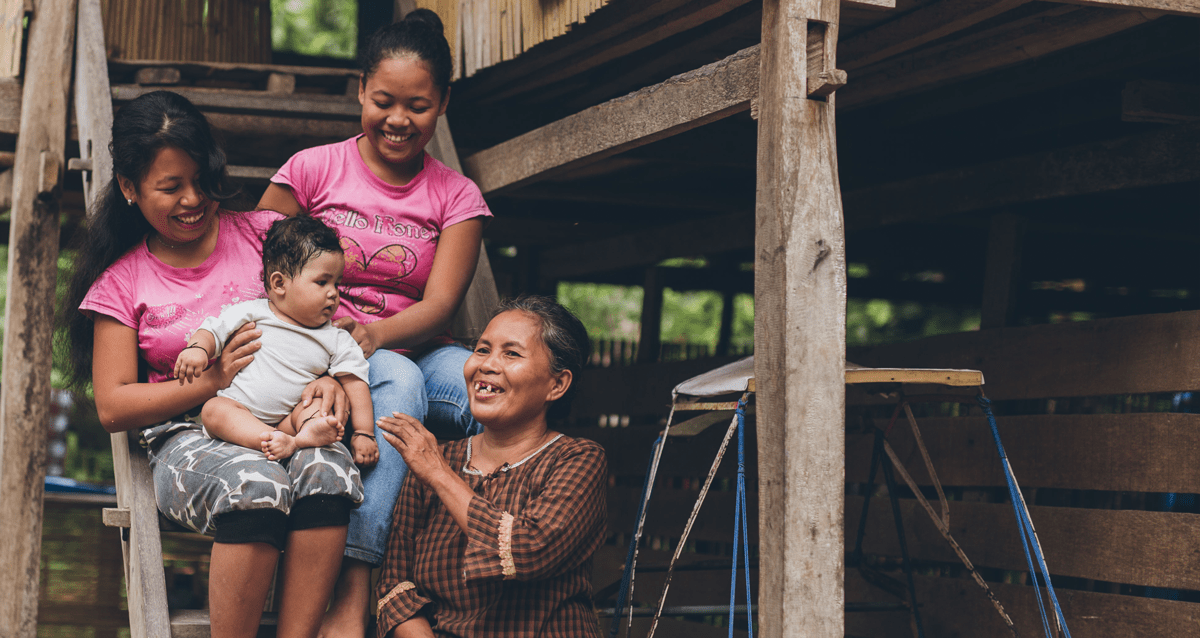
Polewali Village
GHNI began working in Polewali in late 2019 - seeing a community struggling with income generation opportunities, a lack of access to clean water, poor sanitation and low attendance rates for children in the local school. Many families saw their primary breadwinner working outside the province and sending funds home, and the primary source of water for the community was a stream that flowed through the village. Only one latrine (owned by a local business) existed in the village.
Our team has worked to raise awareness and address several issues under the guidance of the local TCD committee. There is a soap-making business cooperative, a water committee that has overseen the drilling of five new water sources offering vastly improved water quality, and most recently an initiative to begin building latrines in the village. Our team is also working with another group of community members to develop income generation models focused on livestock production.
Mawa Village
Our team first visited Mawa in late 2019. We were directed to this community by local government officials who recognized the extreme challenges - chiefly water access - that this village faced. Some households were spending upwards of 50% of their monthly income on water during the dry season.
In addition, many children in this village do not attend school and most households take care of livestock for other owners - an arrangement that limits their income without reducing risk.
The village has already addressed their water needs - locating, protecting and piping water from a nearby spring to a tank in the village. This has reduced the cost of fresh water by 90%.
Our team plans to continue working to raise awareness of the need and importance of education, but currently the village is focused on generating additional income. Our team is working through strategies to develop capital for investment so they can purchase their own livestock.
Sustainable Development Projects
Check out some of our TCD projects in Indonesia!










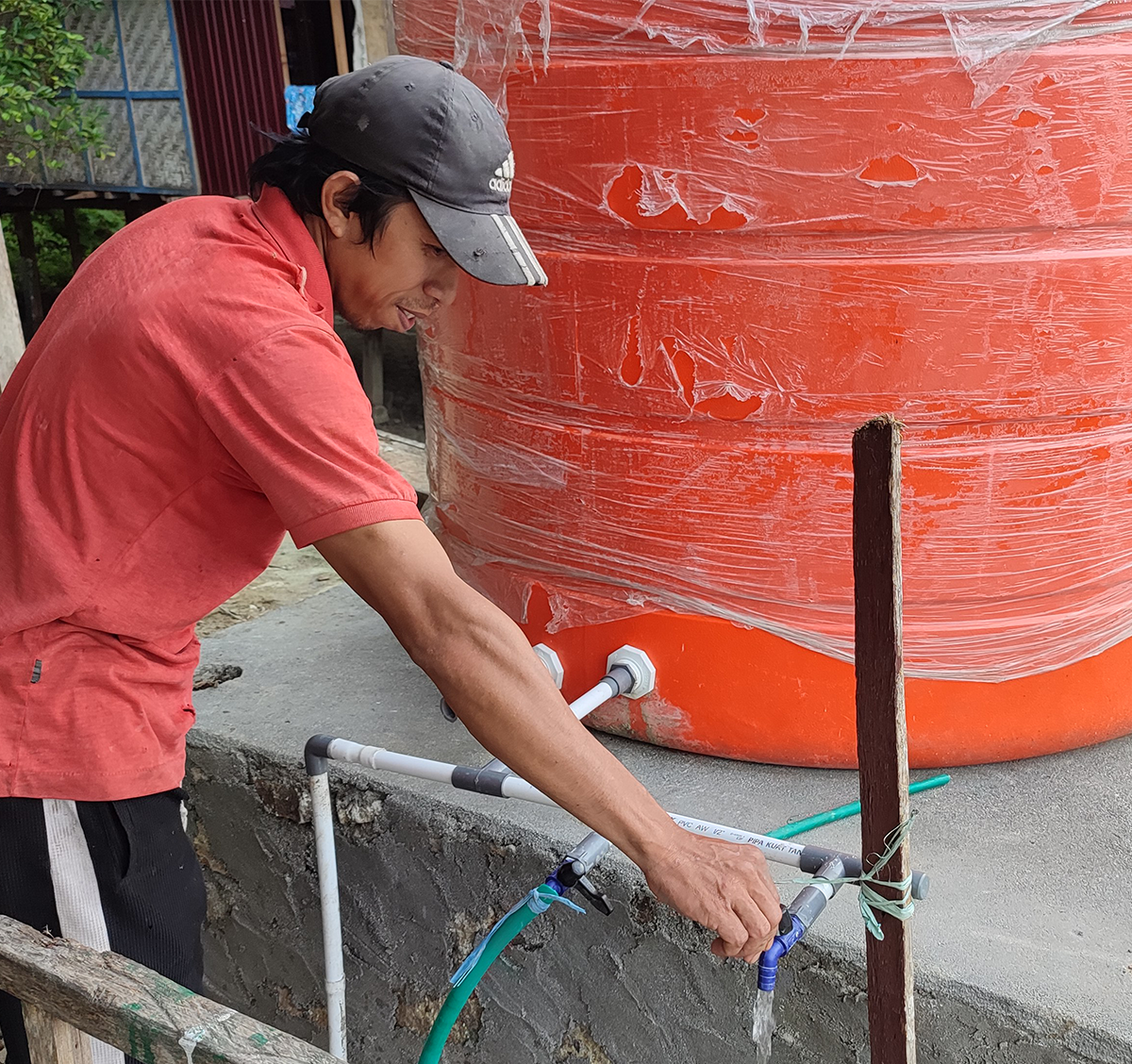
Mawa Spring Protection
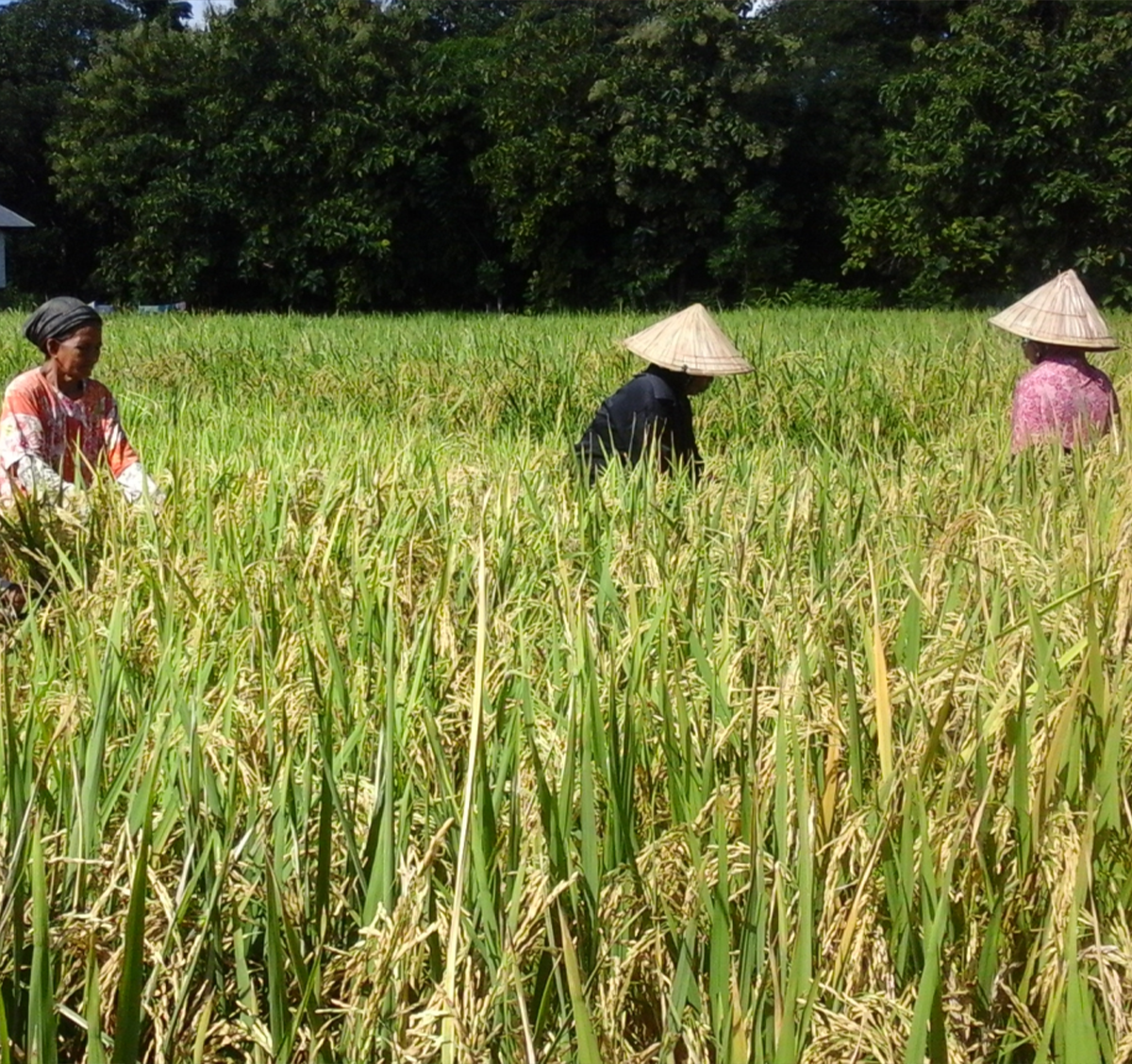
Batu Ampara Farming Expansion
GHNI worked in the village of Batu Ampara from 2012-2017, eventually graduating the community from our Transformational Community Development program. When the GHNI team initially started working in the community, the village primarily raised shrimp for income. They generally ate fish and rice as their primary diet – but they did not grow rice. Instead they purchased it.
Four years into the GHNI program, after years of raising awareness of the need to improve nutrition, the community began planting their own rice and vegetables intended for their own consumption, reducing their food expenses and improving their nutrition.
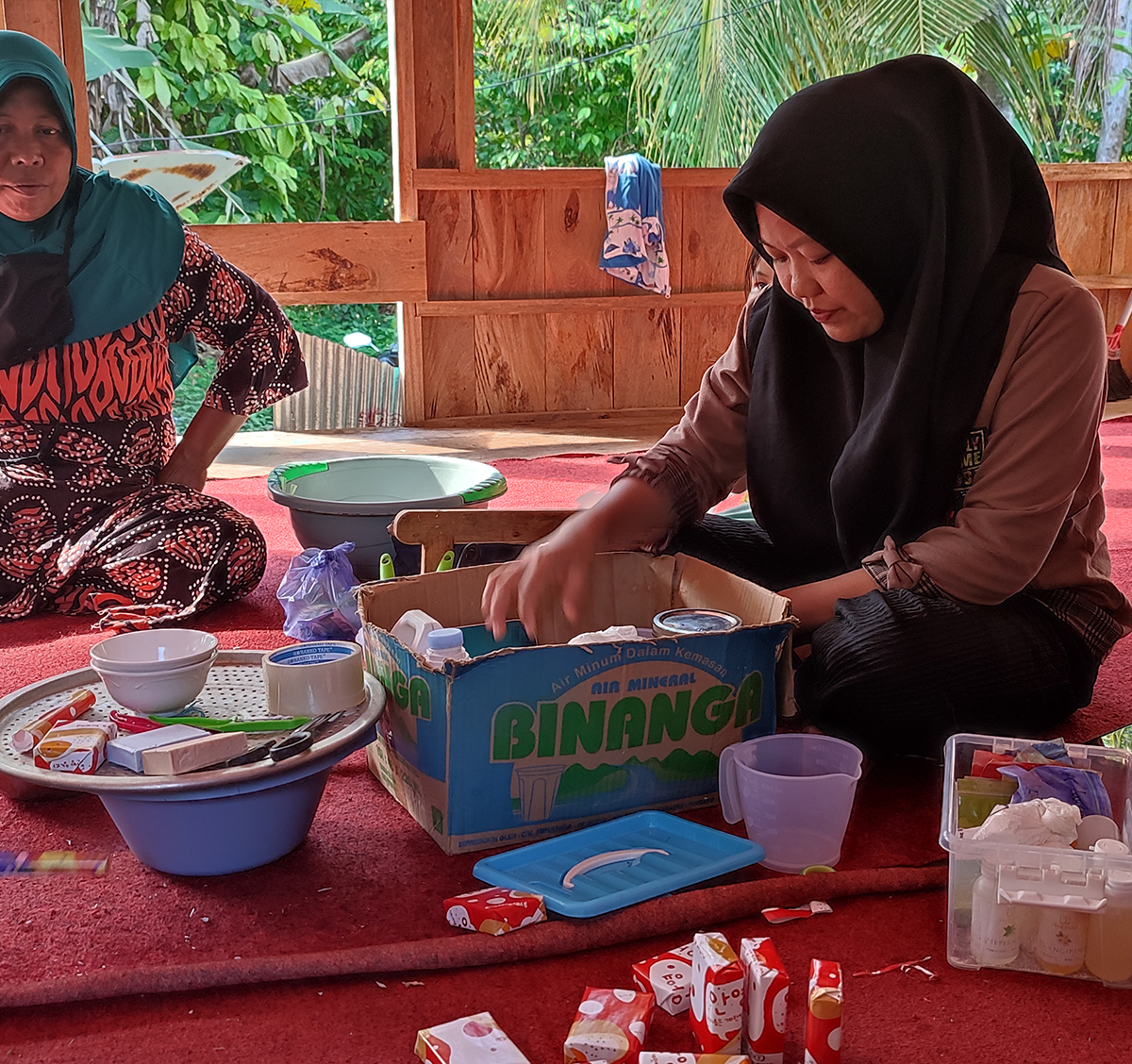
Polewali COVID-19 Response
When the COVID-19 pandemic hit in 2020, the village took action to reduce the immediate spread and impact of the virus. A handwashing station was set up at the entrance to the village and all visitors were required to wash their hands throughly, as well as wear a mask. Several seamstresses in the community, using templates provided by the GHNI team, shifted to producing and selling cloth masks to provide an additional source of income for themselves as well as reduce the spread of the virus.
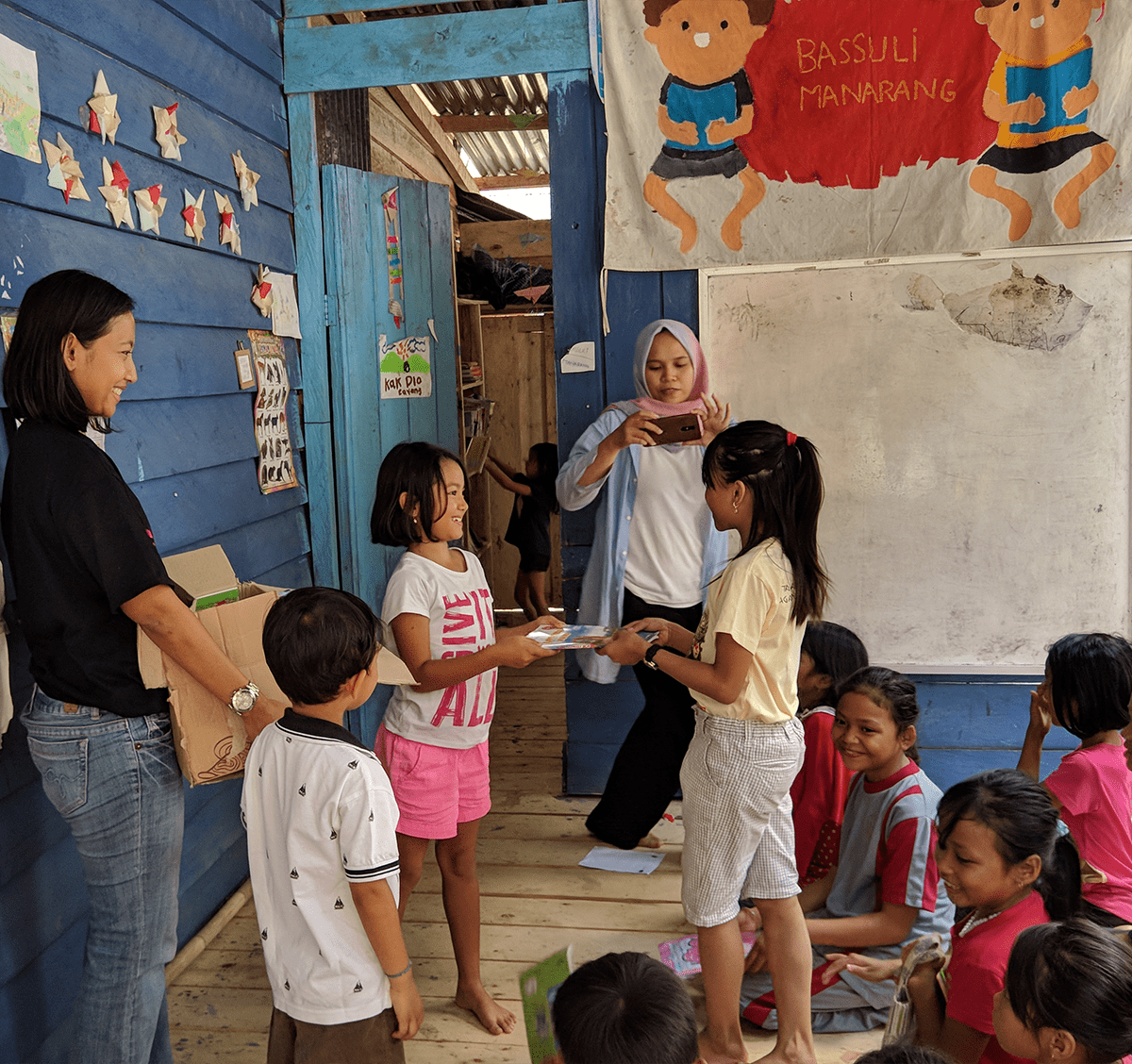
Bassuli Manarang (Sendana TCD Village)
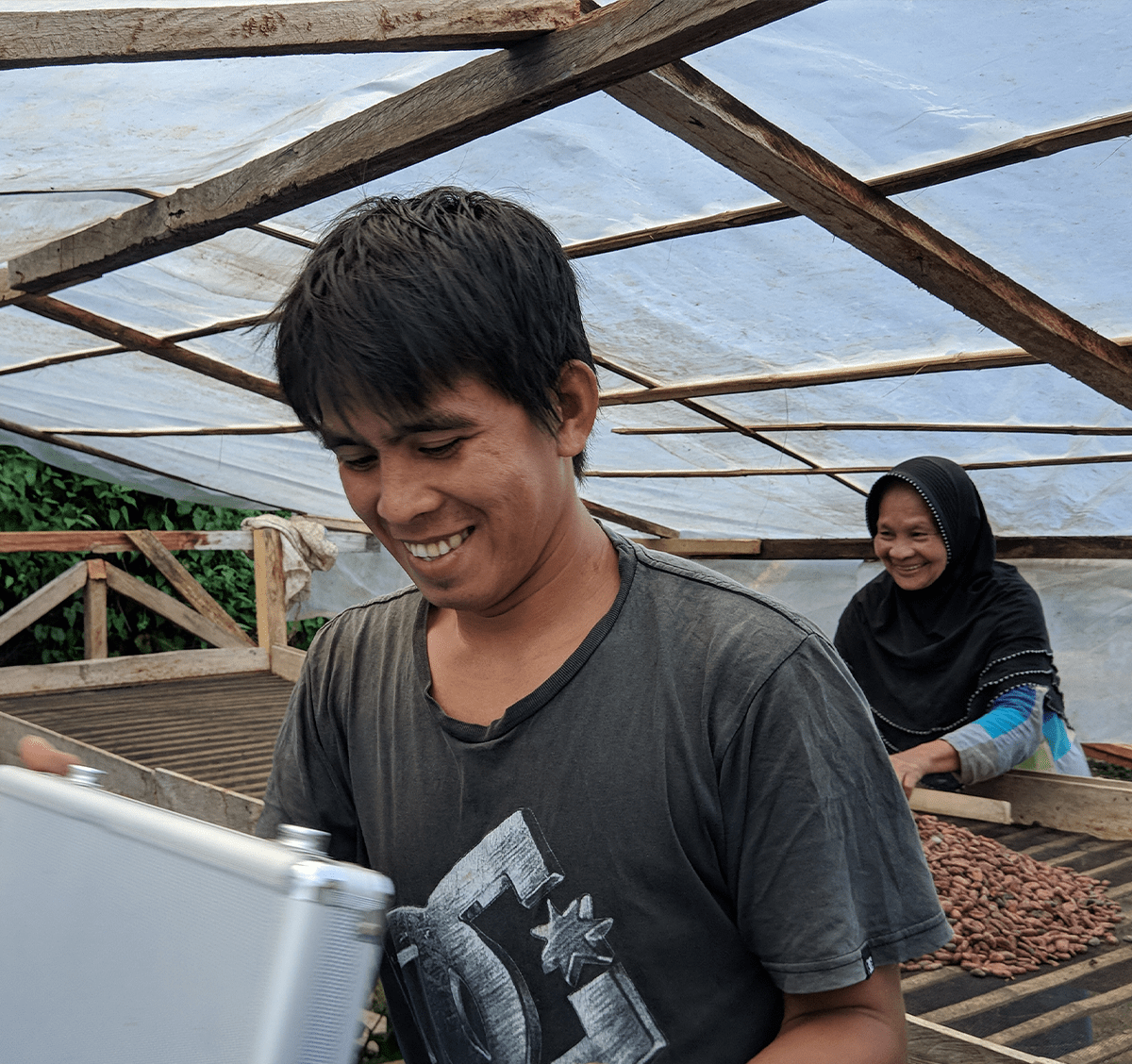
Cocoa Rehabilitation (Sendana TCD Village)
GHNI worked in Sendana village from 2013-2019. This community had at one time been a prominent producer of cocoa beans, but when GHNI arrived the community’s cocoa fields were in poor condition. Over a period of several years, the field were rehabilitated, new techniques were introduced, with the end result that Sendana signed an exclusive contract to provide high quality, fermented cocoa beans to a local gelato producer. This allowed the community not only to sell their beans for a higher price than the local market – but to also purchase beans from other farmers and add value through the processing techniques they learned during the TCD program.
Latest stories from INDONESIA
TRANSFORM LIVES IN INDONESIA
By donating today, you can help sustainably transform the lives of villagers in Indonesia. Will you join us to bring hope?
Adopt a Village!
Sponsor a whole village to sustainable transformation!

